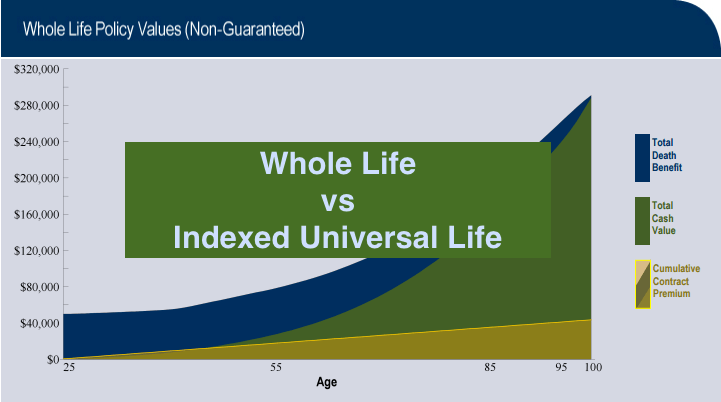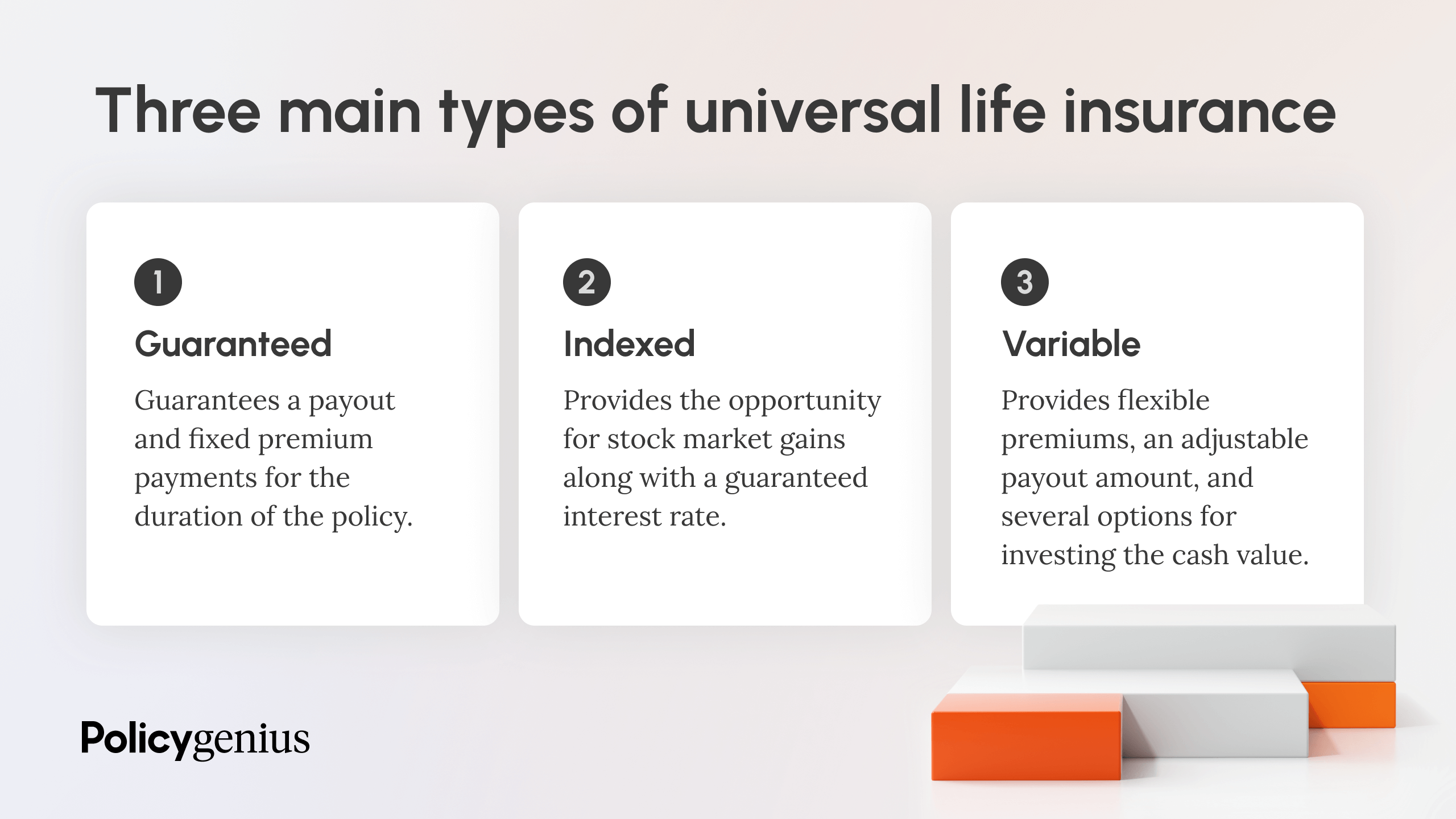All Categories
Featured
Table of Contents
Do they contrast the IUL to something like the Lead Total Amount Supply Market Fund Admiral Shares with no lots, an expense proportion (EMERGENCY ROOM) of 5 basis points, a turnover ratio of 4.3%, and a phenomenal tax-efficient document of circulations? No, they compare it to some dreadful actively managed fund with an 8% load, a 2% ER, an 80% turn over proportion, and a horrible record of temporary capital gain circulations.
Common funds usually make annual taxable distributions to fund proprietors, even when the worth of their fund has actually dropped in value. Common funds not only call for income reporting (and the resulting yearly taxation) when the mutual fund is increasing in value, but can additionally enforce earnings taxes in a year when the fund has dropped in worth.
You can tax-manage the fund, gathering losses and gains in order to lessen taxed circulations to the financiers, yet that isn't somehow going to transform the reported return of the fund. The possession of mutual funds might require the shared fund proprietor to pay projected taxes (what's the difference between universal life and whole life insurance).

IULs are easy to place to make sure that, at the owner's death, the beneficiary is exempt to either revenue or estate tax obligations. The exact same tax obligation decrease strategies do not work virtually as well with common funds. There are numerous, usually expensive, tax traps associated with the timed acquiring and selling of common fund shares, catches that do not relate to indexed life insurance policy.
Possibilities aren't very high that you're mosting likely to be subject to the AMT due to your common fund circulations if you aren't without them. The remainder of this one is half-truths at best. For circumstances, while it is true that there is no income tax obligation because of your heirs when they inherit the earnings of your IUL policy, it is also true that there is no revenue tax due to your successors when they acquire a common fund in a taxed account from you.
Iul For Retirement
The government estate tax obligation exception limit is over $10 Million for a pair, and expanding yearly with rising cost of living. It's a non-issue for the substantial bulk of medical professionals, much less the remainder of America. There are better means to prevent estate tax problems than buying investments with low returns. Common funds may trigger income taxes of Social Safety and security benefits.

The growth within the IUL is tax-deferred and might be taken as free of tax earnings by means of car loans. The plan owner (vs. the shared fund supervisor) is in control of his/her reportable income, thus enabling them to minimize or also eliminate the taxation of their Social Safety and security advantages. This is excellent.
Right here's one more marginal problem. It's true if you get a shared fund for state $10 per share right before the circulation day, and it distributes a $0.50 circulation, you are after that mosting likely to owe taxes (most likely 7-10 cents per share) although that you haven't yet had any type of gains.
In the end, it's actually concerning the after-tax return, not how much you pay in taxes. You're additionally most likely going to have more money after paying those taxes. The record-keeping requirements for possessing shared funds are dramatically extra complicated.
With an IUL, one's records are kept by the insurance provider, duplicates of yearly declarations are mailed to the proprietor, and circulations (if any) are amounted to and reported at year end. This set is also type of silly. Naturally you must keep your tax obligation documents in instance of an audit.
Universal Life Insurance As A Retirement Plan
All you have to do is push the paper into your tax obligation folder when it reveals up in the mail. Hardly a reason to purchase life insurance. It resembles this man has actually never ever purchased a taxed account or something. Common funds are frequently part of a decedent's probated estate.
On top of that, they are subject to the hold-ups and expenditures of probate. The proceeds of the IUL plan, on the other hand, is constantly a non-probate distribution that passes outside of probate straight to one's called recipients, and is as a result not subject to one's posthumous lenders, unwanted public disclosure, or comparable hold-ups and costs.
Medicaid incompetency and life time earnings. An IUL can provide their proprietors with a stream of revenue for their whole lifetime, regardless of just how lengthy they live.

This is valuable when arranging one's events, and converting assets to earnings before a retirement home arrest. Mutual funds can not be converted in a comparable way, and are often taken into consideration countable Medicaid assets. This is one more stupid one advocating that poor individuals (you understand, the ones that require Medicaid, a federal government program for the poor, to spend for their assisted living home) should utilize IUL rather of shared funds.
Universal Life Quotes Online
And life insurance coverage looks terrible when compared rather against a pension. Second, people who have cash to get IUL over and beyond their pension are going to have to be awful at handling cash in order to ever get Medicaid to pay for their nursing home prices.
Chronic and terminal health problem motorcyclist. All policies will certainly permit a proprietor's easy access to cash money from their policy, commonly waiving any kind of surrender charges when such individuals suffer a severe health problem, need at-home care, or end up being restricted to a nursing home. Shared funds do not supply a similar waiver when contingent deferred sales costs still put on a common fund account whose proprietor requires to sell some shares to money the prices of such a keep.
Index Universal Life Insurance Cost
Yet you reach pay more for that benefit (motorcyclist) with an insurance plan. What a wonderful deal! Indexed universal life insurance policy provides survivor benefit to the beneficiaries of the IUL owners, and neither the owner nor the beneficiary can ever before shed cash as a result of a down market. Shared funds give no such warranties or fatality benefits of any kind.
Currently, ask on your own, do you actually require or want a death benefit? I certainly don't need one after I get to financial independence. Do I want one? I intend if it were low-cost sufficient. Obviously, it isn't cheap. Typically, a buyer of life insurance policy spends for the real expense of the life insurance policy advantage, plus the prices of the plan, plus the revenues of the insurer.
Index Insurance Company
I'm not totally sure why Mr. Morais tossed in the entire "you can not shed cash" again right here as it was covered rather well in # 1. He just desired to repeat the ideal marketing factor for these things I mean. Once more, you don't shed nominal dollars, but you can lose real dollars, as well as face serious opportunity expense due to low returns.

An indexed global life insurance policy plan proprietor might exchange their policy for a completely different policy without causing revenue taxes. A mutual fund proprietor can not move funds from one mutual fund company to an additional without offering his shares at the former (therefore causing a taxed event), and buying new shares at the latter, commonly subject to sales charges at both.
While it holds true that you can trade one insurance coverage for another, the reason that people do this is that the very first one is such a horrible plan that even after acquiring a brand-new one and undergoing the early, adverse return years, you'll still appear ahead. If they were sold the ideal plan the very first time, they shouldn't have any wish to ever trade it and experience the early, unfavorable return years once more.
Latest Posts
History Of Universal Life Insurance
Universal Life Insurance With Living Benefits
Accumulation At Interest Option